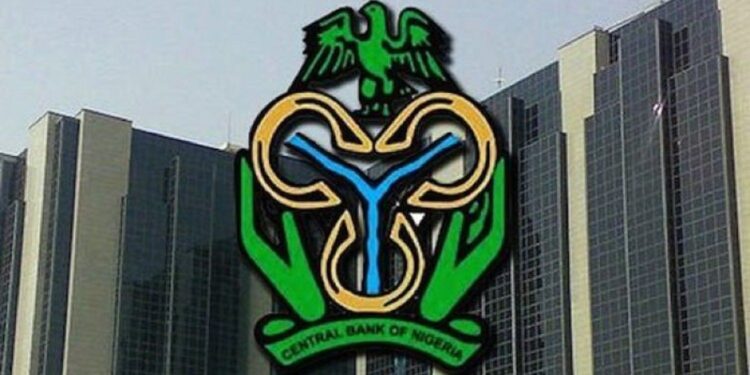The Central Bank of Nigeria (CBN) has released its second-quarter economic outlook, shedding light on the prevailing economic conditions and foreseeing ongoing inflationary pressures in the near term. The apex bank attributes the persistence of inflation to several factors, including the removal of fuel subsidies, the depreciation of the naira, expected upward adjustments in wages and electricity tariffs, and the adverse impact of climate change on agricultural activities.
The CBN, in its publication, stated, “Inflationary pressures may subsist in the near-term on account of the removal of fuel subsidies and subsequent higher prices of premium motor spirit, and the depreciation of the naira. Moreover, the anticipated upward review of wages and electricity tariffs, alongside the adverse effects of climate change on agricultural output, are likely to induce further inflationary pressures.”
The removal of fuel subsidies has resulted in higher prices for premium motor spirit, contributing to the inflationary challenges faced by the nation. The depreciation of the naira further compounds the issue, while the envisaged reviews in wages and electricity tariffs are expected to add to inflationary pressures. Additionally, the negative effects of climate change on agricultural output, a critical sector for Nigeria, are anticipated to play a role in sustaining inflation.
However, the CBN has also highlighted that tight monetary policies and improvements in global supply chains are expected to act as mitigating factors in slowing down the inflation rate in the future. The statement reads, “Notwithstanding, the sustained tight monetary policy stance, coupled with improvements in global supply chains are both expected to help dampen inflation.”
Nigeria’s inflation rate reached 27.33% in October, marking an 18-year high, with food prices being a significant driver of this surge. The continuous increase in inflation for ten consecutive months has raised concerns. President Tinubu declared a state of emergency on agriculture in June, emphasizing its importance as a national security issue. Beyond food prices, the removal of the fuel subsidy in June has contributed to higher transportation costs, further impacting inflation figures.
Despite efforts by the CBN, including a 25 basis points increase in interest rates at its last Monetary Policy Committee (MPC) meeting, the inflationary trend persists. The policy direction under the leadership of Yemi Cardoso, the current CBN Governor, remains uncertain.
As Nigeria navigates these economic challenges, the CBN’s cautious optimism about the impact of tight monetary policies and global supply chain improvements offers a glimpse of hope for the future, even as the nation grapples with the complexities of inflationary pressures.










